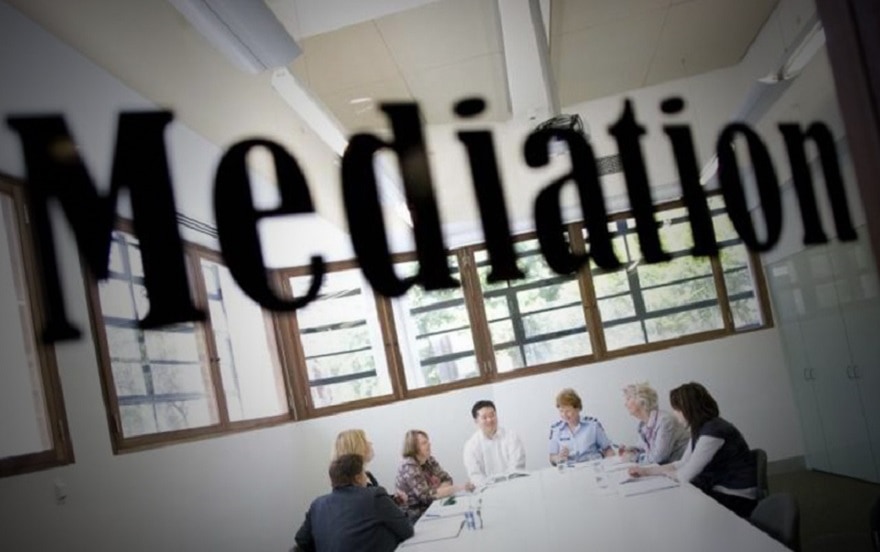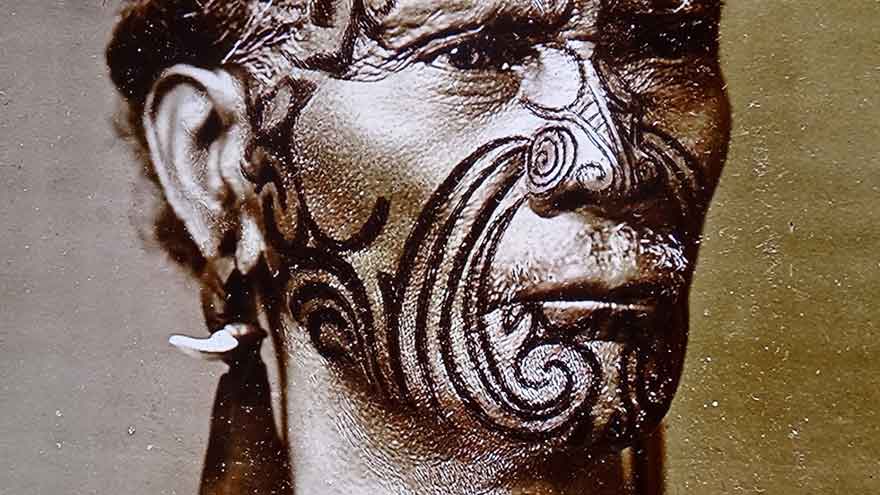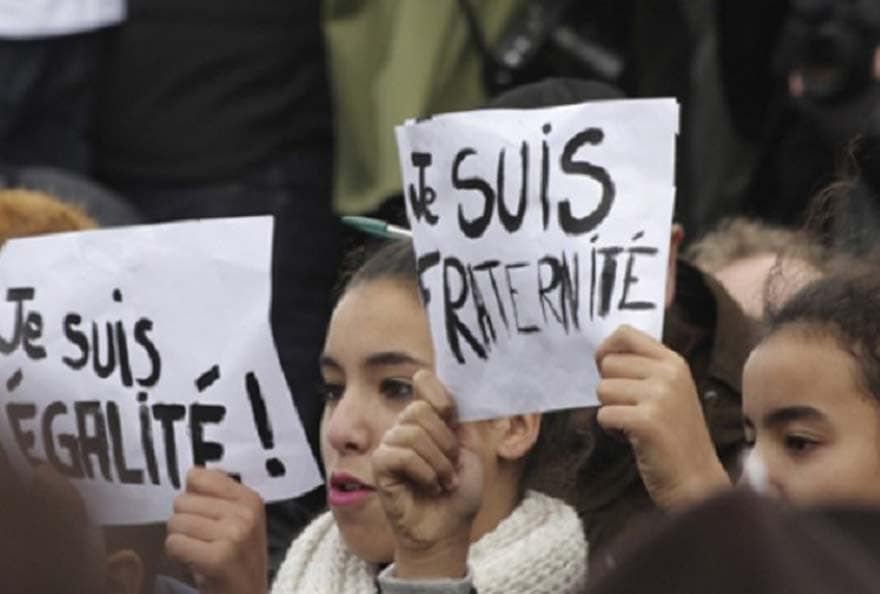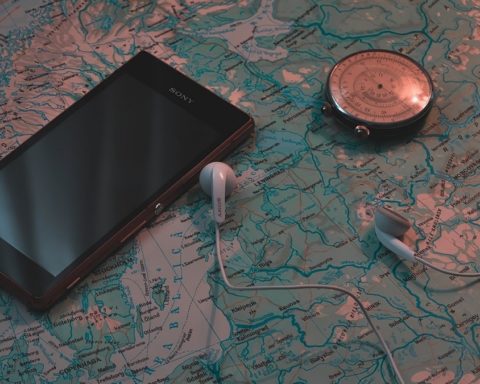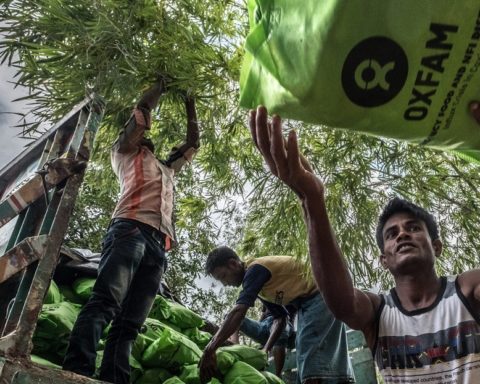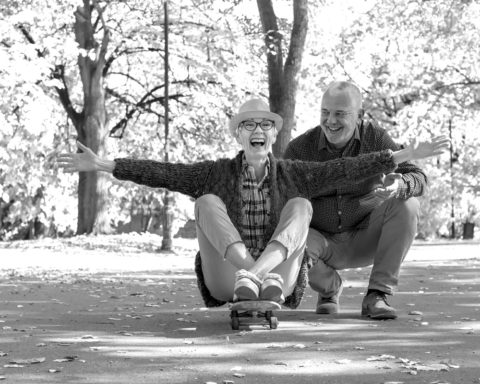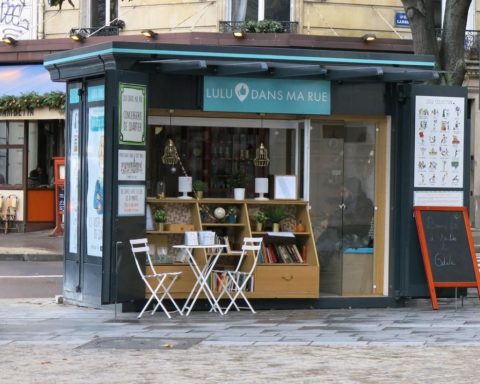In the face of the terrible events we are living through, we must provide our societies with the means not to suffer the future but to create it. We must mobilise them all. Indeed, creating the future does not mean neglecting the traditional means that remain indispensable: the legal and judicial arsenal, strategic means such as intelligence, the police and the army. The missions of sovereignty find their full meaning, the societal response that is mediation does not claim to supplant the responsibilities that the rule of law must fully exercise. However, national unity is also a matter for the people, especially when politicians are in the throes of elections.
Creer means unleashing the positive subversion that civil society is capable of at decisive moments. This is the time to become aware of the civic potential of mediation. We are not really aware of it because today the word has been so overused, its forgeries have even been labelled by French and European texts which, under the intellectual influence of North America, have limited it to a simple alternative mode to justice. The texts have locked her up in a straitjacket and reduced her to a "Destop" or "Cilitbang" product, these acetylcysteine-based solvent products. Mediation is not reduced to the chemical formula C5H10O3NS which quickly dissolves disputes, mass claims, complaints of all kinds. In public policy, mediation is, unfortunately, presented as a "way of relieving congestion" in the courts and claims departments. Institutions have injected the word in most public services, and recently in the field of consumer affairs.
Creating the future means freeing mediation and the humble mediators of dialogue.
The institutional steamroller, in recovering the pioneering civic initiatives of the 80s, has so distorted their meaning and image that we must therefore begin this article with a reminder of the genealogy of mediation in order to make us understand the essence and thus the imperative need for mediation. It is time to proclaim the ardent need for mediation to prevent the aggravation of the social divide and to prevent the values of the Republic from being called into question.
Contemporary mediation emerged from civil society in the 1980s as a new public freedom. Carried by pioneers invested in associations such as Droits de l'Homme et Solidarité (DHS) or Femmes inter associations, Inter services Migrants (FIA-ISM) it spread humbly in our cities. The pioneers had the ambition to break down the walls of incomprehension and build bridges between members of society. Very early on, we sensed the need to prepare a quality response to this abysmal need, which seemed to us to be the great social adventure of the end of the century. Very early on, the pioneering mediators were trained in a long and demanding way, and they adopted a specific code of ethics. Today, the persistence of the need leads to call for the mobilization of those who have been seriously trained and for the commitment to do so of those who do not want to wait in fear and hatred, who want to create the future rather than suffer it.
As early as the 1980s, the pioneers, by combining their experience in the field with an intellectual requirement for action, provided the mediation with a precise and operational definition. If you don't define, you risk not knowing what you are doing. The terminological aberrations of the powers that be, which unfortunately lead to the word today having acquired an unjustified reputation for vagueness, made this reminder indispensable.
What is mediation?
Mediation is a process of ethical communication based on the freedom and responsibility of the people involved.
This process has four functions of both preventive and curative functions:
- social bonding
- recreate it
- conflict prevention
- and only in fourth position to settle conflicts but then in a specific way that is neither justice, nor conciliation, nor arbitration, nor negotiation, nor psychotherapy.
The process of mediation is similar to maieutics, the science of childbirth. The birth of the self and its dialogue with the other. The process is the first criterion for the definition of mediation.
The mediator is a third party, i.e. an element totally outside the system that the participants form, voluntarily or involuntarily.
In order to remain a third party: It must guarantee its impartiality and be lived as impartial. Impartiality is an attitude of the mediator towards people. He shows neither sympathy nor antipathy to them. He alternates successive empathies as he listens. Thanks to the words of each person, he sees the world through the eyes of the other and gives the participants a view of the world.
It must guarantee its independence both from the participants and from external private or public pressure.
Moreover, he must know how to remain neutral, i.e. free of any power, direct or induced. Neutrality is the mediator's attitude towards the outcome. Through the process of ethical communication, he facilitates the emergence of the partners' solution, he respects it and does not suggest his own or those of external powers.
Mediation works very early in the conflict. By creating or recreating the social bond, it often prevents them. Whether it is mediation of disputes or mediation of differences, it is a pedagogy of the relationship with the other. This is why we need it.
Mediation is urgently needed
It is up to us to return to the original meaning of mediation. We are all concerned by the degradation of the social fabric; we are therefore all concerned by its repair. Living together is first woven and un-woven between individuals.
National unity is not decreed, it is woven humbly, daily, patiently, continuously, horizontally.
It is up to us to become the humble weavers of the inter-comprehension that is its essence in order to prevent the widening social divide from sliding into civil war and to defend the values of the Republic that our enemies would like to see us abandon under the pressure of their blows.
We cannot endure the outpouring of anxiety without giving ourselves the means to act. A people is less afraid if it finds within itself the means to act, without waiting for the answers that the public authorities cannot provide, even with their legitimacy, competence and good will. Mediation should be placed at the centre of the interindividual and collective RESILIENCE mechanism that our country should not delay any longer in putting in place.
It would be very arrogant to present mediation as THE solution, allowing us to protect ourselves from Erostrate's actions being instrumentalized or undermined, but to encourage our contemporaries to think of it as a way of building peace.
The killer of Nice by rushing into the heap, regardless of "race" or religious opinion, united the victims and their relatives in a tragic fate. To the community of destiny, suffered and shaped by the violence of one evening, we must respond by forging, through dialogue, a lasting and continuous conscious will to belong to a common destiny:
We in civil society must respond to the pressing need for mediation:
To avoid a widening of the social divide
I testify to the strength of the social intelligence and generosity that exists in this country if we give back to mediation its primary nature and if we carry out a quality approach without which our society will lose an irreplaceable chance of living together and, to begin with, of LIFE.
Mediation in its preventive function, mediation in its curative function allows us to confront on foot the underlying conflicts aggravated by increasingly shocking social disparities.
To avoid the superinfection of hatred
Forging more homicidal hatreds. And when the damage of this homicidal hatred hurts us, help our contemporaries not to suffer even more, by locking themselves into the hatred that does too much honour to the murderers and ultimately serves the design of those who want to destroy us.
To help bring the values of the Republic to life
Mediation is fully in line with the values of the Republic.
Freedom The burning need for mediation does not in any way imply making it compulsory, on the contrary. Mediation is only successful if its participants come freely. Pessimism is in the mood; optimism is of will, as Alain taught in his "Propos sur le bonheur". Mediation too is of will. One begins voluntarily in a mediation to come out of it freer, freed from the knots of incomprehension. Mediation is a maieutics which in a first birth frees one from all that one has to say to the other, even vehemently, and in a second time gives birth to a solution worked out with him, accompanied by a mediator. By the mere relevance of his questions, the mediator frees the partners from the misunderstandings that bound them together, hindering trust and creativity. In this second phase, through the same maieutics, he frees them to propose their solutions.
Equality: The process operates in a completely horizontal manner. What makes mediation so powerful is the mediator's lack of power. The mediator does not give advice, give opinions or make decisions. He is trained to respect the freedom of the participants, he grows them, which is the definition of authority. The mediator does not claim a power that he would get from a public or private guardianship authority. His authority only derives from the recognition of the participants in the mediation, who will, during the mediation, rely on him to live the process together and seek a solution from above.
Brotherhood: Otherness was the driving force behind the pioneers. The "Charter of the Other" drawn up by Jean-François SIX provides lasting inspiration for the work of mediators. It remains at the heart of what can save us in the face of the plans for civil war that those who want to start and sustain it through their bloody attacks are fuelling.
The process of mediation makes it possible to accompany each one of us in the difficult asceticism of the discovery of our common humanity. Let us never forget that the preamble of the Universal Declaration of Human Rights of 10 December 1948 makes the recognition of the inherent dignity of all members of the human family the foundation of their equal and inalienable rights, freedom, justice and peace in the world.
Mediators need to stand up en masse, but not in unpreparedness. It is not because the public authorities have wasted time on mediation that we must now embark on a vibratory mobilisation.
General mobilization
Living together" cannot be an injunction from the top - it must be a life experience. It must be the result of what society wants you as a member, whoever you are, and it must be manifested to you throughout your life journey. It must begin with not losing any of its members, not letting them get lost in a journey of social disintegration. This is everyone's business. The objections of the powers that be are inaudible to individuals who, from dropping out to dropping out, feel out of what makes a nation. If the public authorities really want to live it together, they must be able to support a quality approach that does not undermine mediation as its pioneers forged it.
The people of France must mobilize to bring to life the mediation that has emerged from its base. It is within our reach, and does not require a regulatory device. Mediation is a positive subversion, subversive because it shakes up institutions by going where they cannot go, positive because it supports them. We don't need a providential man or woman. We have a country populated by people in search of a bond, and among this people a breeding ground of humble weavers of social bonds: mediators ready to respond. France is populated by individuals thirsty for social ties, ready to catch the threads of these ties if they are handed over to them to engage in dialogue.
Mobilization because mediation is neither lax nor angelic, it requires a lucid effort.
The mediator doesn't grant patents of kindness. He is a realist, he is responsible for the framework of the mediation. He doesn't belong to the galaxy of the "Bears" We don't believe that "Everybody he's handsome everybody he's nice" (satirical comedy by Jean Yanne 1972) Thanks to the solidity of the framework that he has learned to guarantee from beginning to end, the mediator allows the participants to express their grievances and make the right one arise. Yes, the right one. Should we give up trying to bring out the good in each of us that can quickly become buried in a block of murderous hatred?
Pessimism too easily gives itself the mask of realism.... Oh, how touching and naive they are, those who think they're realistic! But how dangerous they are also because they ratify without proof of dialogue, the belief in mediocrity and human darkness. In the absence of dialogue, they contribute to making them happen.
Mediation is mobilization because it is acting to avoid suffering. To turn to mediation is to decide not to allow oneself to be invaded by hatred, or diffuse fear. The fear of the other, the other that one gives up knowing and to start by not dialoguing with him. The mediator will invite and set the framework for the dialogue.
General. General because it is only one element which does not exempt from mobilizing ALL the other judicial police means, all those of the rule of law, all those of the indispensable regalian power. The other elements must be mobilized with it as it mobilizes with them: all because each one has its own job.
General because it concerns all the people of France and not only the French people. It will be noted that the first "Femmes-relais" were newly immigrated women who for the most part did not have French nationality. They nevertheless made major acts of citizenship: making society in places of diversity and intercultural conflicts.
The conditions
We mediators have to put them down and make them stick: The overriding need for mediation deserves that a quality approach finally be respected.
Naming to do well As we have seen, it is rigorously defined, in contrast to the glib and fuzzy terminology used in public policy. The practical effectiveness of mediation requires respect for its DNA. What can we expect from legislation based on the flippant assertion that mediation is only a variety of conciliation or that it is assisted negotiation?
To ensure a legal regime corresponding to its nature: Economic, political, national, local and European leaders must unleash mediation. They must stop producing texts that confuse mediation, conciliation and arbitration. They must stop tying up mediation by an unsuitable legal regime that places mediators in the position of being unable to implement the genuine mediation process that we need.
Rely on Training, specific prerequisites and continuing education The pioneers of mediation had perceived the paramount importance of training. Primordial, in both senses of the word, of prime importance and which must come first chronologically. It is the first step in the guarantee. Mediation is a difficult art that cannot be practised or taught without solid training.
I call for civic mobilization.
I call on the public authorities to release mediation, to stop reclaiming it and distorting it, and to introduce a legislative moratorium as a matter of urgency. Because once they have killed mediation, our societies will not have a second chance.
Michèle Guillaume-Hofnung, Professor of law faculties, Director of the Master Diplomatie et négociations stratégiques de Paris-Sud, Director of the Institut de Médiation Guillaume-Hofnung (IMGH)

